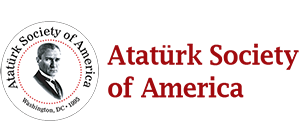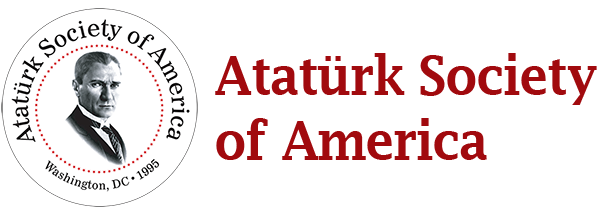Turkey is often referred to as a secular country with a predominantly Muslim population. But after eight years of Ak Party rule, and discreet, long-term efforts to erode its secular tenets, I find it difficult to recognize the secular nature of the Republic of Turkey.
One of the most important changes Atatürk implemented with the status of a new Republic was the principle of secularism. This principle was at the center of most of the radical social transformations which were undertaken to implement the Turkish Revolution.
The new Turkish Republic established in 1923 is based on the belief that political power is derived from the will of the people, not a god or higher spiritual entity, as was believed under the Ottoman Empire.
After the Declaration of Amasya, the decisions of the Erzurum and Sivas congresses, and the convening of the Grand National Assembly (TGNA) on April 23, 1920, the legal basis of both the National Struggle and political power consisted of the will of the people. The next day, a proposal accepted announced “there is no authority superior to the TGNA.” The 1921 Constitution furthered that principle with the acceptance of “Sovereignty belongs unconditionally to the people.”
But it was the TGNA which on November 1, 1922 abolished the Sultanate, and a truly new era was born.
However, there have been some troubling signs in the last eight years. This is not the modernity that Atatürk envisioned or promoted.
Instead of building schools and hospitals, there has been a proliferation of mosques in the country. There is today one mosque for every 350 citizens—compared to one hospital for every 60,000 citizens—the highest number per capita in the world and, with 90,000 imams, more imams than doctors or teachers. (Can Dündar, Milliyet (Istanbul), June 21, 2007)
Spending by the governmental Directorate of Religious Affairs (Diyanet Işleri Başkanlığı) has grown five fold, from 553 trillion Turkish lira in 2002 (approximately US$325 million) to 2.7 quadrillion lira during the first four-and-a-half years of the AKP government; it has a larger budget than eight other ministries combined. (Reha Muhtar, Vatan (Istanbul), June 22, 2007)
Turkish police and military are under assault. Officers loyal to the Republic and secular values have been purged in favor of those more sympathetic to the Ak Party.
No Prime Minister in modern history has been so hostile to the press. Prime Minister Erdogan has openly called for the boycott of newspapers critical of him or his Administration. A $513 million tax fine was levied on Dogan’s publicly traded newspaper and television holding company, but is generally seen as a “penalty” for covering stories unflattering to AK Party and a message to the Administration’s critics.
Many members of Atatürk Society of America are concerned about developments in Turkey and the future of the country. It is crucial that we continue to keep Atatürk’s philosophy alive and remind decision makers of the essence of secularism and its crucial importance to the viability of a free and independent Republic of Turkey.

